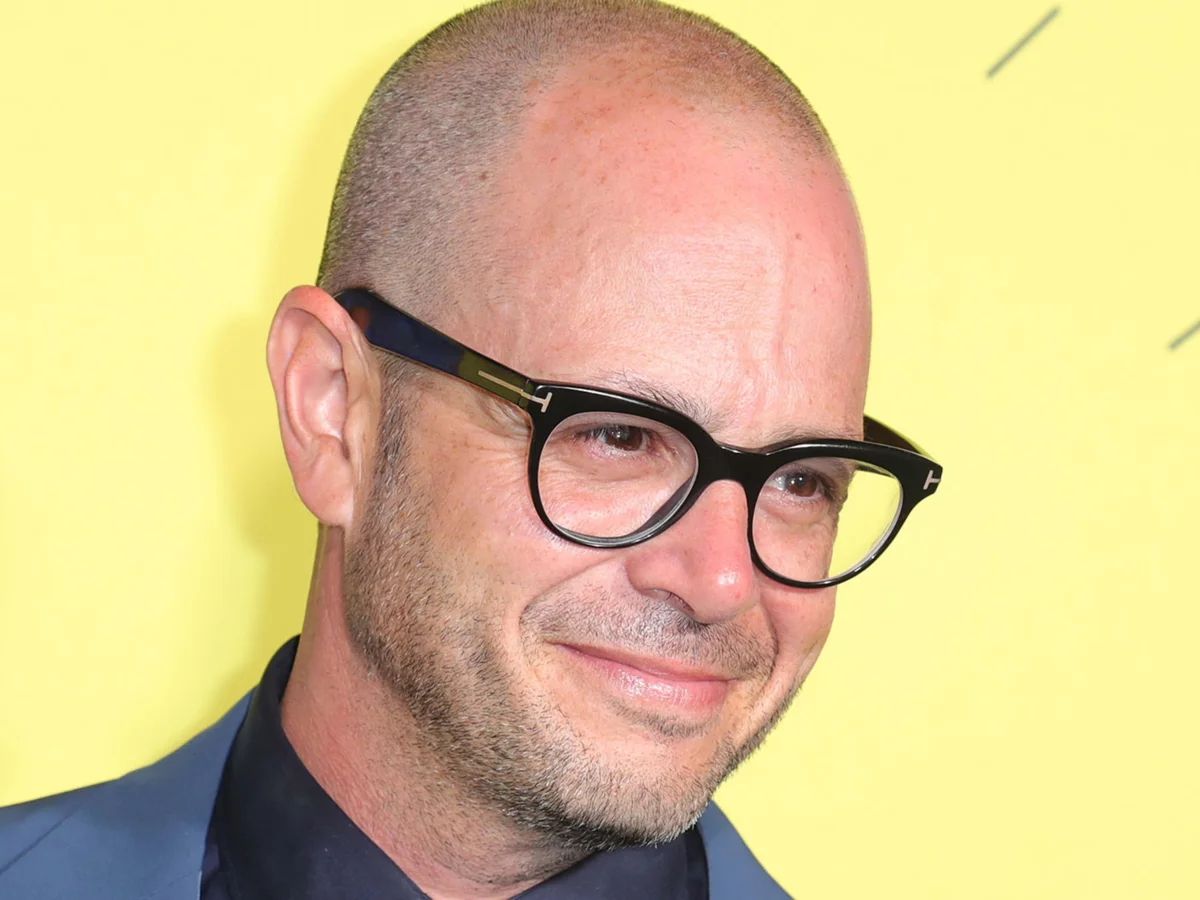When The Leftovers debuted on HBO in 2014, it did not ignite the cultural phenomenon that Lost sparked in 2004, but it steadily earned acclaim as a unique and compelling television achievement. Damon Lindelof, along with original author Tom Perrotta, developed a series that was surreal and emotionally charged, grounded more in exploring grief than in providing straightforward answers. This approach gave The Leftovers a different relationship to its audience, especially around the central Damon Lindelof Leftovers mystery.
How The Leftovers Refined the Mystery-Driven Storytelling of Lost
Lost initially thrilled millions who watched characters like Jack Shephard, Kate Austen, and Locke while seeking to unravel the many secrets of the island where they were stranded. The series built its reputation on a complex “mystery box” strategy, presenting numerous puzzles that inevitably raised more questions than they answered. Writers often seemed overwhelmed, attempting to connect every intricate detail.
As the series progressed, long-time followers who dedicated years to decoding the enigma felt dissatisfied by the final unresolved elements in Lost, despite the characters themselves remaining engaging. While character development kept many viewers attached, the unresolved mysteries led to polarized opinions about the show’s conclusion.
In contrast, The Leftovers took a radically different path under Damon Lindelof’s leadership. Instead of pushing for clear resolutions, the series embraced ambiguity and encouraged viewers to dwell in uncertainty. The central event, the Sudden Departure—where 2% of the global population vanished—was never explained through scientific or supernatural means. The show focused instead on how Kevin Garvey, Nora Durst, and their community coped with inexplicable loss.

This deliberate choice reshaped viewer expectations: The Leftovers did not promise “why” the Departure happened, but rather explored “what now” for those left behind. This fundamental shift allowed the show to engage audiences with emotional depth instead of conventional puzzle-solving, ultimately delivering a more cohesive and arguably superior narrative to that of Lost.
Why The Leftovers’ Handling of Mystery Elements Felt More Meaningful
The ambiguous events in The Leftovers, like a disappearing baby in a stroller or a silent cult, felt weighty because they symbolized grief and trauma rather than functioning as mere plot devices. The mysteries became expressions of human sorrow and confusion, making their impact more profound.
Consequently, The Leftovers’ finale wasn’t judged on solving every enigma but on emotional resonance. Its closing moments offered intimate, haunting scenes such as Nora’s uncertain journey to a mysterious other side and Kevin’s personal leap of faith. Both characters grappled deeply with the unknown, reflecting the show’s core theme.
The character Kevin, initially skeptical about the Departure’s impact, ultimately accepts Nora’s story without demanding proof, embodying a surrender to mystery and faith.
How The Leftovers’ Unique Mystery Approach Eased Pressure on Its Ending
The final episode of The Leftovers delivered a quietly hopeful resolution, fitting for a show built around themes of loss and forgiveness. Because the series extended beyond the source material that only covered the first season, it was free to invent new narrative territory focused on character closure rather than definitive answers.
Viewers did not expect a “Rosetta Stone” to decode the Sudden Departure. Instead, they were invested in witnessing whether the characters could find peace within a fractured world—and this was achieved.
Looking back, both Lost and The Leftovers stand as milestones in serialized television storytelling. Lost revolutionized the medium, opening doors for ambitious, philosophical series. However, The Leftovers refined Damon Lindelof’s storytelling method, demonstrating that sometimes maintaining mystery, rather than resolving it, can create a more profound and lasting impact.
The Leftovers is a three-season drama that follows a group grappling with the aftermath of the sudden disappearance of 2% of the world’s population. Created by Lost co-producer Damon Lindelof and Election writer Tom Perrotta, it stars Christopher Eccleston, Liv Tyler, Margaret Qualley, and Justin Theroux, among others. The show continually explored how its ensemble cast dealt with loss on both personal and communal levels.
In comparison, Lost, which aired from 2004 to 2010 on ABC, chronicled survivors of a plane crash on a mysterious island. Characters including Matthew Fox’s Jack Shephard and Evangeline Lilly’s Kate Austen battled extraordinary challenges linked to the island’s enigmatic forces. The show combined elements of mystery, drama, adventure, and the supernatural, engaging millions through its complex narrative web.
Ultimately, Damon Lindelof Leftovers mystery prioritized emotional truths over answers, offering a resonant portrayal of human resilience. This approach not only distinguished The Leftovers from its predecessor but also deepened the conversation around how television can handle unresolved mysteries.
